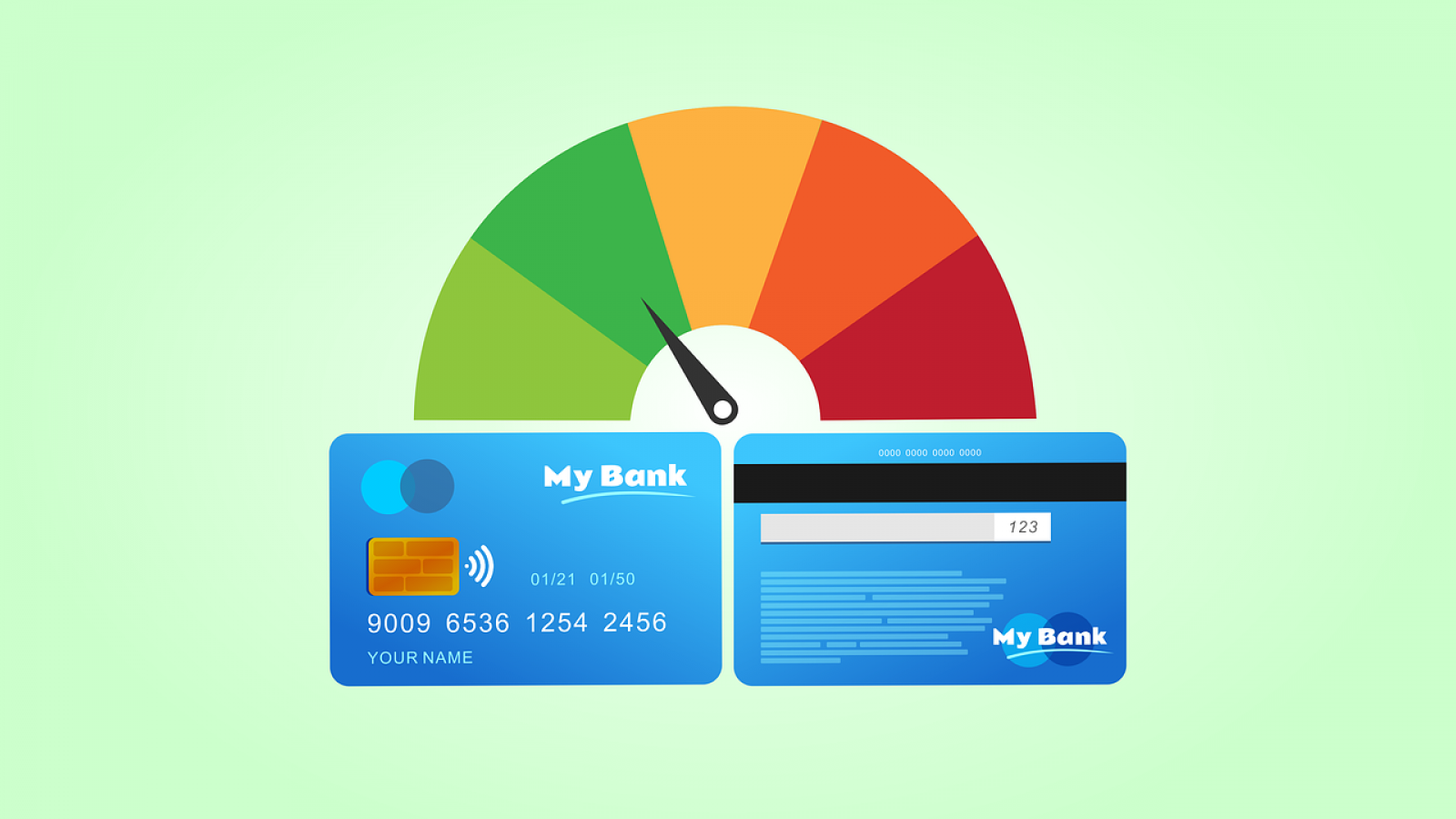Introduction:
In the world of Canadian real estate, the term “underwater mortgage” has become increasingly relevant in recent years. It’s a situation that many homeowners fear but may not fully understand. In this blog post, we’ll explore what an underwater mortgage is, the factors contributing to it in the Canadian context, and strategies to manage this challenging financial predicament.
What is an Underwater Mortgage?
An underwater mortgage, also known as negative equity or an upside-down mortgage, occurs when the outstanding balance on your mortgage loan exceeds the current market value of your home. In simpler terms, you owe more on your home than it’s worth. This can be a disheartening situation for any homeowner and can have significant financial implications.
Factors Contributing to Underwater Mortgages in Canada:
- Real Estate Market Fluctuations: The Canadian real estate market is known for its ups and downs. Rapid price increases followed by market corrections can leave homeowners with properties worth less than what they paid for them.
- High Loan-to-Value Mortgages: Some buyers opt for high loan-to-value mortgages, which means they make a smaller down payment. While this can help with affordability, it also puts them at a higher risk of being underwater if property values drop.
- Interest-Only Mortgages: Interest-only mortgage products, while offering lower initial payments, can lead to slow or no equity accumulation in the early years of homeownership, making it easier to end up with an underwater mortgage.
The Consequences of an Underwater Mortgage:
- Limited Refinancing Options: When you’re underwater, it’s challenging to refinance your mortgage or secure a more favorable interest rate, which can result in higher monthly payments.
- Difficulty Selling Your Home: Selling your home becomes problematic when it won’t cover the outstanding mortgage balance. Homeowners may have to come up with additional funds to close the deal.
- Credit Implications: If you can’t make mortgage payments and the situation worsens, it may negatively impact your credit score.
Strategies to Manage an Underwater Mortgage:
- Stay Informed: Keep a close eye on the local real estate market trends. A rebound in property values could help lift your home’s value over time.
- Accelerate Payments: If possible, make extra payments towards your mortgage principal to build equity faster.
- Seek Professional Advice: Consult with a financial advisor or mortgage specialist to explore potential solutions like mortgage restructuring, debt consolidation, or refinancing options.
- Consider a Short Sale: In extreme cases, you might need to consider a short sale, where you sell the property for less than the mortgage balance with your lender’s approval.
Conclusion:
Dealing with an underwater mortgage can be a daunting experience, but it’s essential to remember that you’re not alone. Many Canadian homeowners have faced similar challenges. By staying informed, seeking professional advice, and exploring different strategies, you can take steps towards managing your underwater mortgage and working towards a brighter financial future.
Remember, your home is an investment, and the Canadian real estate market can be resilient. Over time, property values may recover, helping you resurface from the depths of an underwater mortgage.








